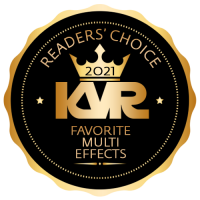It doesn´t sync samples to tempo, does it??
And is a complete seperate and from your DAW independent app...
Perhaps something important for many people (me included)...
For me the only suitable alternatives are ADSR or Loopcloud (even if the latter costs a yearly fee) ...
As ADSR is quite buggy, I bit the bullet and pay my yearly fee for using the stable and far more powerfull one with better tagging, similarity search, and perfect timestretch/manipulation options before I use the sample in the DAW...
Again for me, Loopcloud nailed it but mostly the internal browsers in the DAWs are enough for my needs so I might stop my Loopcloud subscritpion at the end of this circle!



